To a mother, obedience has to be the most lovely concept in the world.
You can have all the beautifully made breakfasts-in-bed, the meticulously prepared artwork that that says, “I love Mom,” in every conceivable medium from crayons to macaroni; you can have all the dedicated essays, all the sincere apologies offered after the fact; you can even have all the hugs and kisses (OK, maybe that’s taking it a little too far).
But on any given day, show me six children (nix that – just show me three teenagers) who, when asked to do something – anything – will each stand up and do it the first time out of love and respect for their mother, without being asked twice, and without a question, excuse or argument as to why x, y or z cannot or should not be done – or even why it has not yet been done – by said child.
Throw in a Yes Ma’am (or two, or three), and my joy will flow to the ends of the earth.
But I wonder, do you think God feels that way sometimes? About US?
Does He look down on me as I kneel in my room beneath the prayer table/dresser, complete with the beautiful Immaculate and Sacred Heart pictures, candle and rosary case and think, “Yeah, yeah, yeah – I see all your efforts and I really appreciate them; I do – the altars dedicated in My name, the sacrifices offered for love of me, all the prayers and the this and the that – but you know, if you would just OBEY me once, without question, argument or excuse, then maybe we would get somewhere!!!”
Or, when I do obey does he shake his head and think, “Just once could you obey because you LOVE Me and not because you’re afraid of what I might do to you if you don’t?!”
No doubt that thought goes through His head a lot when He looks down on me from heaven. Most likely while I’m busy patting myself on the back for doing good!
St. Peter of Alcantara once said, Obedience is the most grateful oblation to God, wherein man offers himself for a sacrifice.
I have to be honest. When I first read this quote, I took issue with the notion that obedience is a sacrifice. I thought maybe St. Peter had something wrong. Because personally, I’ve always been pretty good at the obedience part. But I’m terrible at sacrifice. Naturally, I wondered how it could be that in obedience I sacrifice, while I struggle everywhere else. Something didn’t add up.
And then it occurred to me.
Sacrifice is born of love. But often I obey out of fear.
While there was a time that I questioned the existence of God, for much of my childhood I remember believing that, even when no one was around, someone was watching. But that wariness about the presence of some other person, whom I assumed was God, was not couched in love. It was shrouded in fear. Fear that I would be punished for my behavior. Fear of being smited by God.
Sadly, not much has changed since I was five years old. While I’d love to say that I “behave” myself out of love, that I want to please God and make him proud of my best little efforts down here on earth; the truth is that I fear his disdain more than I seek his pleasure.
And that mindset is not limited to my spiritual life. Truth be told I break down in a torrent of tears if I’m ever stopped for speeding, because I fear being judged a bad citizen. A lawbreaker. In the presence of a police officer (or any other authority figure), I was taught to stand straight, say “yes sir/ma’am” and do whatever I’m told.
Fear isn’t the best reason for obedience. But it works. According to the Catechism of the Catholic Church, imperfect contrition is still contrition (CCC 1453). Doesn’t it follow that imperfect obedience is still obedience?
Whatever the motivation, it seems that often in our world today, obedience takes a back seat to autonomy. Disregard for authority is not only growing among certain circles, but is encouraged by elements of the press, the establishment and the macrocosm of social media outlets; young people today are being particularly influenced by this mindset.
Just turn on the TV and you are bound to see another cop harassed or even killed for doing his job. Or you’ll hear about the spiking crime rate in the inner cities. These days a healthy fear of authority (also termed “respect for authority”) is virtually discouraged and authority figures are presumed to be in the wrong in a confrontation unless they can prove otherwise.
We live in a culture where love does not provide much motivation for obedience, because the greatest example of love we witness in the modern world is a love of SELF. This serves as yet another consequence of secular society – driving God out of the public square left a vacuum that has been filled with SELF-reverence. I am the captain of my ship; the lord of my castle; the master of my destiny.
What room does that mindset leave for authority?
Additionally, while a fear of worldly consequences may provide a slight deterrent (and the jury is out on that one), there is no longer a widespread fear of eternal punishment.
Those with little or no faith refuse to recognize the authority of God. As a country, we are paying the price. Unfortunately, there aren’t enough resources in the world to control people who fail to use self-control. If the system is the only thing standing between me and what I want, I might just go for it, hoping I won’t be caught.
Within this framework, our Constitutional Republic cannot possibly sustain itself.
In the 1830s, a Frenchman named Alexis de Tocqueville traveled extensively through the United States, meticulously recording his observations about the success of this great American Experiment.
He concluded that our democracy worked well specifically because individuals were governed by their religious values, and that these values were an inimitable contributor to our nation’s success:
I sought for the key to the greatness and genius of America in her harbors…; in her fertile fields and boundless forests; in her rich mines and vast world commerce; in her public school system and institutions of learning. I sought for it in her democratic Congress and in her matchless Constitution.
Not until I went into the churches of America and heard her pulpits flame with righteousness did I understand the secret of her genius and power.
America is great because America is good, and if America ever ceases to be good, America will cease to be great.
Both love of country and fear of authority are on the decline in our country; unless we stem the tide, matters will only get worse as time goes on.
Obedience for love of God or love of country are good. Certainly a sacrifice of self. While obedience out of fear is also productive, unless we are governed by a fear of God, there is not a police force large enough or powerful enough to control us. Not to mention the fact that a police state cannot be imposed upon a free republic. Rule of law in a free society cannot be enforced with tyranny. It must be freely adhered to by a people that recognizes that this world is not our true home.
Note: If you like what you just read, please share and/or comment below. Also, please “Follow” to receive future posts promoting the virtue of sacrifice.
Artwork: Photograph of unidentified girl in dress holding an American flag and ball; between 1860 and 1870


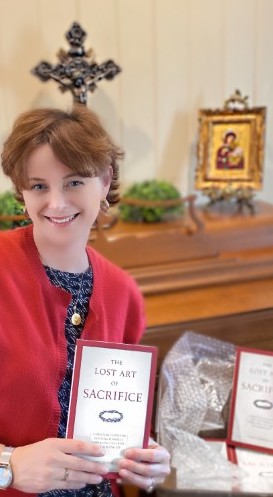





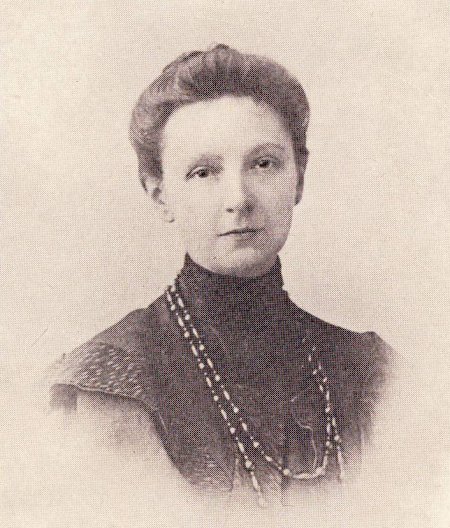 It is not in arguing or in lecturing that I can make them know what God is to the human soul. But in struggling with myself, in becoming, with His help, more Christian and more valiant, I will bear witness to Him whose humble disciple I am. By the serenity and strength that I mean to acquire, I will prove that the Christian life is great and beautiful and full of joy. By cultivating all the best faculties of my mind, I will proclaim God is the highest Intelligence and that those who serve Him can draw without end from that blessed source of intellectual and moral light. —
It is not in arguing or in lecturing that I can make them know what God is to the human soul. But in struggling with myself, in becoming, with His help, more Christian and more valiant, I will bear witness to Him whose humble disciple I am. By the serenity and strength that I mean to acquire, I will prove that the Christian life is great and beautiful and full of joy. By cultivating all the best faculties of my mind, I will proclaim God is the highest Intelligence and that those who serve Him can draw without end from that blessed source of intellectual and moral light. — 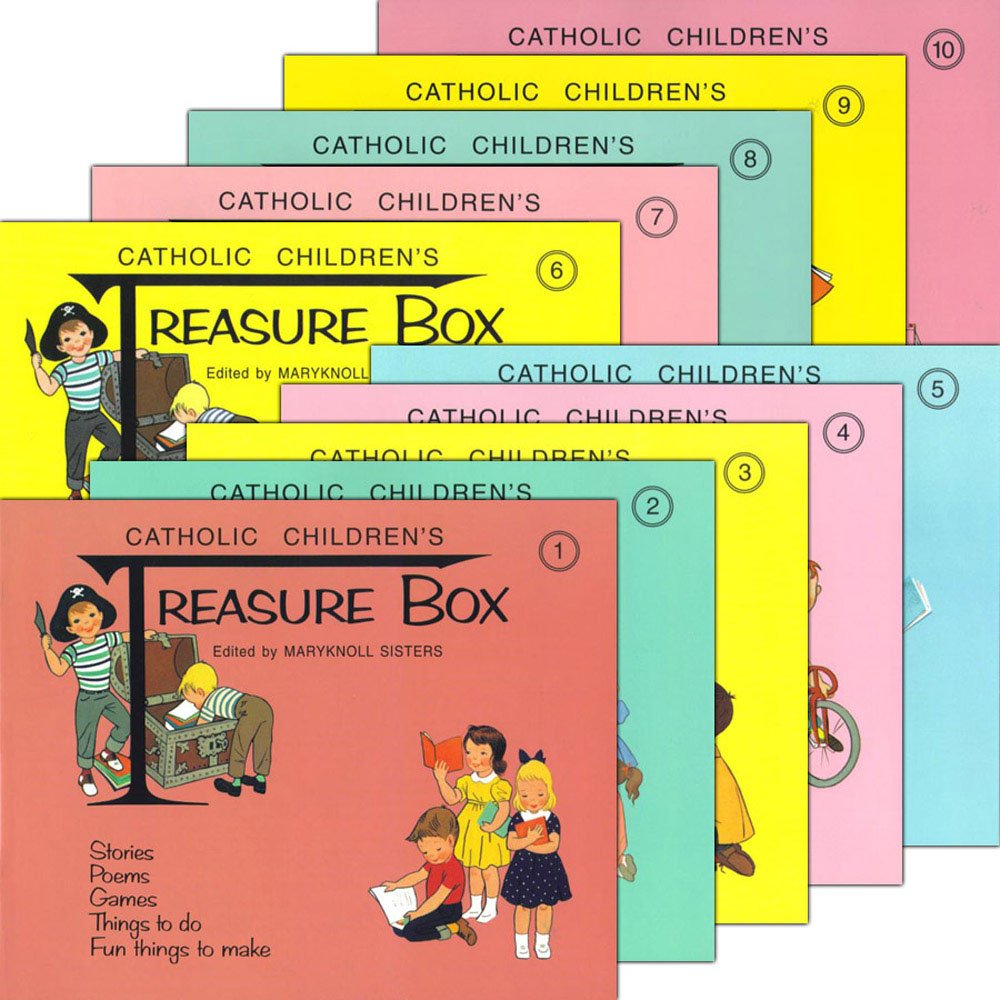
 Gloria Children’s Books
Gloria Children’s Books Trea
Trea Angel Food for Boys & Girls
Angel Food for Boys & Girls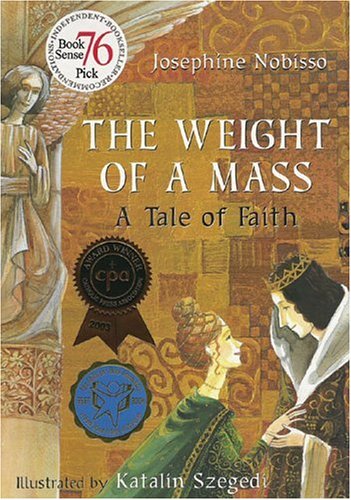 The Weight of the Mass: A Tale of Faith
The Weight of the Mass: A Tale of Faith King of the Golden City
King of the Golden City
 Christopher’s Talks to Catholic Children
Christopher’s Talks to Catholic Children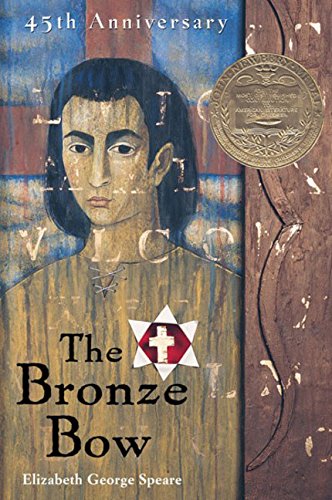
 Outlaws of Ravenhurst
Outlaws of Ravenhurst 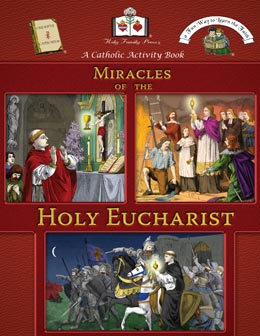 Creative Catechism Series from Holy Family Press
Creative Catechism Series from Holy Family Press  33 Days to Morning Glory
33 Days to Morning Glory  Before I Go: Letters to Our Children about What Really Matters
Before I Go: Letters to Our Children about What Really Matters The Gospels
The Gospels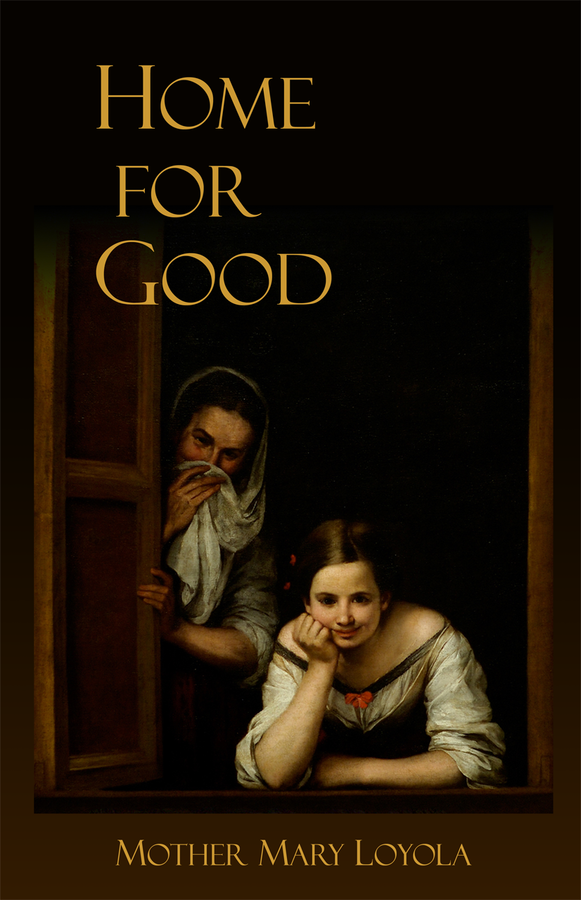 Home for Good
Home for Good Imitation of Christ
Imitation of Christ  The Lamb’s Supper: The Mass as Heaven on Earth
The Lamb’s Supper: The Mass as Heaven on Earth A Map of Life: A Simple Study of the Catholic Faith
A Map of Life: A Simple Study of the Catholic Faith
 The Screwtape Letters
The Screwtape Letters A Second Look: Encountering the True Jesus
A Second Look: Encountering the True Jesus The Story of a Soul
The Story of a Soul





 1
1  2.
2.  3.
3.  4.
4.  5.
5.  6.
6.  Guidance to Heaven begins by making clear the purpose of this life in preparing for eternity. Cardinal Bona will help readers to prepare themselves for death by addressing vices with which many of us struggle, and helping us to bring them under control. The jacket of my book says it all and reads in part,
Guidance to Heaven begins by making clear the purpose of this life in preparing for eternity. Cardinal Bona will help readers to prepare themselves for death by addressing vices with which many of us struggle, and helping us to bring them under control. The jacket of my book says it all and reads in part, 8.
8.  9.
9. 10.
10. 
 for my summer reading. Maybe it was the relentless drumming of Russia, Russia, Russia over the airwaves every time I turned around. Or perhaps at a more subtle level it was the constant reference to socialism as a possible solution to our own country’s woes [Socialism, according to Archbishop Fulton Sheen is a “wet nurse to Communism” –
for my summer reading. Maybe it was the relentless drumming of Russia, Russia, Russia over the airwaves every time I turned around. Or perhaps at a more subtle level it was the constant reference to socialism as a possible solution to our own country’s woes [Socialism, according to Archbishop Fulton Sheen is a “wet nurse to Communism” – 
 not merely an emotion, a thought, or an ideal. Rather, the love of God is His very self. To stand before the love of God is to stand before Him who made us and who knows us better than we could ever know ourselves. Despite our complete inadequacy before God, we know that He desires that we open up ourselves in order to give ourselves to Him to the best of our abilities—even if it falls short. Love requires an openness that makes one vulnerable.
not merely an emotion, a thought, or an ideal. Rather, the love of God is His very self. To stand before the love of God is to stand before Him who made us and who knows us better than we could ever know ourselves. Despite our complete inadequacy before God, we know that He desires that we open up ourselves in order to give ourselves to Him to the best of our abilities—even if it falls short. Love requires an openness that makes one vulnerable. es Borromeo Parish in Gretna, Nebraska. Ordained in 2000, Fr. Loseke holds a Licentiate in Sacred Theology (S.T.L.) from the Pontifical Athenaeum of St. Anselm in Rome and is working to complete his doctoral degree (Ed.D.) in interdisciplinary leadership through Creighton University in Omaha. In addition to parish ministry, Fr. Loseke has served as a chaplain in the U.S. Air Force, taught high school theology and college-level philosophy, and has been a presenter for various missions, retreats, and diocesan formation days across the country.
es Borromeo Parish in Gretna, Nebraska. Ordained in 2000, Fr. Loseke holds a Licentiate in Sacred Theology (S.T.L.) from the Pontifical Athenaeum of St. Anselm in Rome and is working to complete his doctoral degree (Ed.D.) in interdisciplinary leadership through Creighton University in Omaha. In addition to parish ministry, Fr. Loseke has served as a chaplain in the U.S. Air Force, taught high school theology and college-level philosophy, and has been a presenter for various missions, retreats, and diocesan formation days across the country.